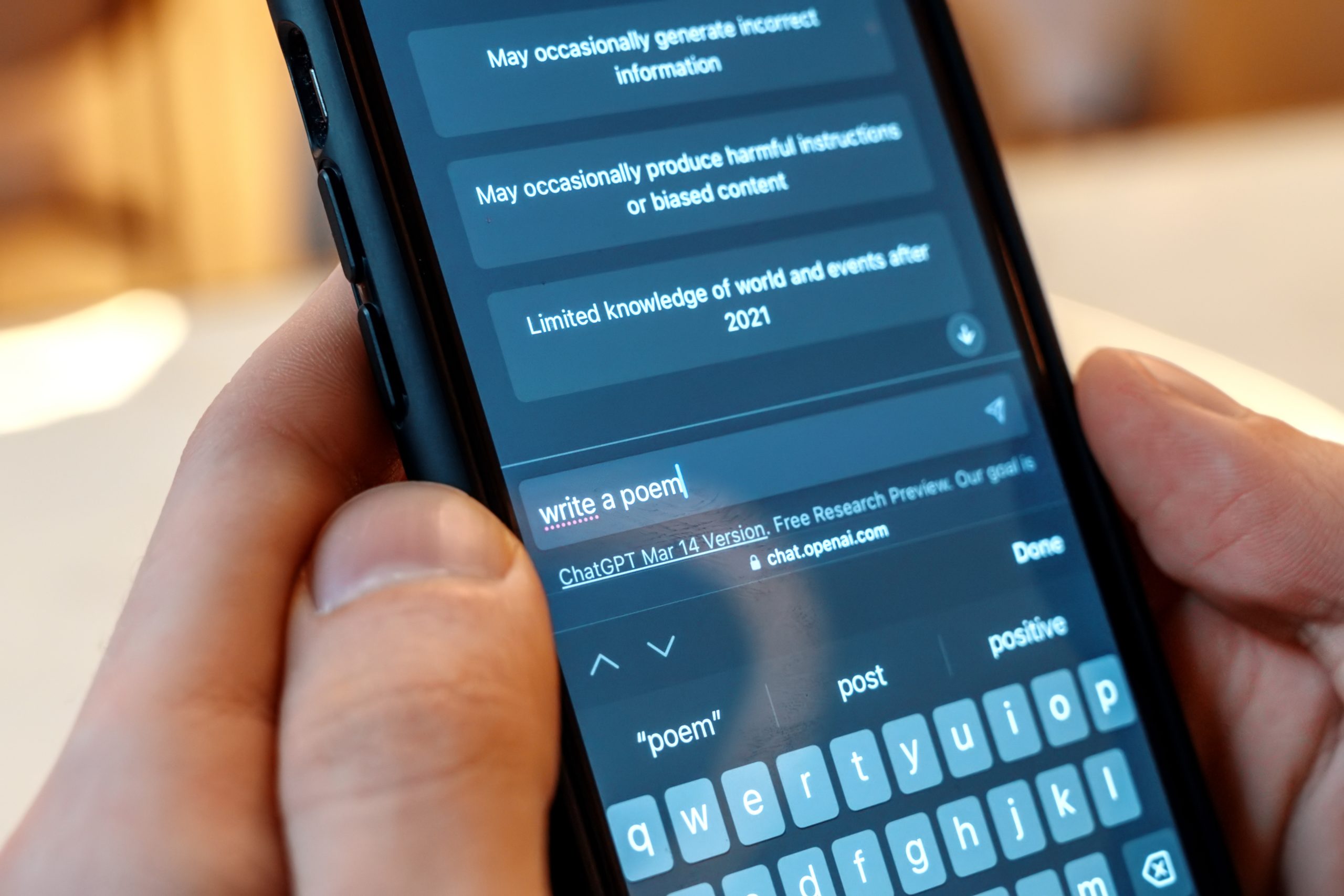Using ChatGPT for Keyword Research: How Law Firms Can Optimize Content & Improve Search Rankings
Why Keyword Research Matters for Law Firms
Effective keyword research is essential for law firm SEO and digital marketing success. By identifying the right search terms, attorneys can optimize their website content, improve rankings, and attract more potential clients.
ChatGPT has emerged as a powerful tool for keyword discovery, allowing law firms to generate SEO-driven content strategies, uncover long-tail keywords, and refine their digital marketing efforts.
This article explains how law firms can use ChatGPT for keyword research, improving their online visibility and search engine performance.
1. How ChatGPT Enhances Keyword Research for Law Firms
ChatGPT is an AI-powered language model that can quickly generate keyword ideas, suggest search terms, and identify content opportunities.
Key Benefits of Using ChatGPT for Law Firm SEO
- Find High-Intent Legal Keywords – Generate practice area-specific search terms (e.g., “best divorce lawyer near me”, “car accident attorney free consultation”).
- Uncover Long-Tail Keywords – Identify low-competition, high-conversion phrases for niche law firm services.
- Analyze Competitor Keywords – Research which keywords top-ranking firms use and how to outrank them.
- Improve Content Optimization – Suggest related keywords for blog posts, meta descriptions, and page titles.
Example: A Chicago personal injury law firm used ChatGPT to refine its keyword strategy, leading to a 50% increase in organic traffic.
2. Generating High-Intent Legal Keywords with ChatGPT
Step 1: Define Your Target Audience & Legal Services
Use ChatGPT to identify the most relevant keywords based on your practice areas.
Example Prompt:
“Identify the most relevant keywords for a law firm specializing in personal injury, specifically car accident claims in Los Angeles.”
Step 2: Discover Long-Tail Keywords for Better Ranking
Long-tail keywords have less competition and higher conversion rates.
Example: Instead of targeting “personal injury lawyer”, use long-tail variations like:
- “Best car accident lawyer in Los Angeles with free consultation”
- “How much is a personal injury claim worth in California?”
- “What to do after a motorcycle accident in NYC?”
Step 3: Optimize Google My Business & Local SEO
Use location-based keywords to rank higher in local searches.
Example Prompt:
“Generate location-based keywords for a criminal defense attorney in Miami.”
Resulting keywords:
- “Miami DUI lawyer free consultation”
- “Affordable criminal defense attorney in South Florida”
3. Optimizing Law Firm Content with ChatGPT-Generated Keywords
Where to Use ChatGPT Keywords in Your Website:
- SEO Titles & Meta Descriptions – Improve click-through rates & rankings.
- Practice Area Pages – Optimize service pages with high-value legal keywords.
- Blog Posts & FAQs – Address commonly searched legal questions.
- Google My Business Profile – Use keywords to boost local SEO rankings.
Example: A Boston immigration law firm used ChatGPT to create targeted content around “H1B visa application process”, leading to higher rankings and a 35% boost in inquiries.
4. Competitor Keyword Analysis Using ChatGPT
How to Analyze Competitor Keywords:
- Identify Top-Ranking Competitors – Search Google for your practice area + location.
- Use ChatGPT to Analyze Competitor Websites – Request keyword suggestions based on high-performing legal websites.
- Extract & Refine SEO Strategies – Find gaps in your content and opportunities to rank higher.
Example Prompt:
“Analyze the top keywords used by Jones Day law firm for corporate litigation and suggest alternative high-value search terms.”
5. How ChatGPT Helps with Content Ideation & Blog Strategy
Regular content updates help law firm websites rank higher in Google. ChatGPT can generate SEO-friendly blog topics and legal FAQs.
Blog Topic Examples from ChatGPT:
- “5 Things to Know Before Hiring a Personal Injury Lawyer”
- “How Long Does a Divorce Take in Texas?”
- “Understanding DUI Laws in California – A 2024 Update”
Example: A New York estate planning attorney used ChatGPT to generate blog topics and improve website engagement, leading to a 40% increase in page views.
6. Best Practices for Using ChatGPT for Keyword Research
- Always verify search volume & difficulty using Google Keyword Planner, SEMrush, or Ahrefs.
- Combine ChatGPT with real-time analytics to track keyword performance.
- Optimize for user intent – Ensure keywords match client searches and questions.
- Update content regularly with new AI-generated keyword insights.
Final Thoughts
ChatGPT is a powerful AI tool that helps law firms find better keywords, optimize content, and improve search rankings. By leveraging AI-driven keyword research, attorneys can stay ahead in a competitive legal market and attract more high-intent clients.
Key Takeaways
- Use ChatGPT to find high-intent legal keywords.
- Target long-tail keywords for better search visibility.
- Optimize website pages, blogs, and Google My Business with AI-powered insights.
- Analyze competitor keywords to improve your firm’s SEO strategy
Boost Your Law Firm’s SEO with AI-Powered Keyword Research
Need help optimizing your law firm’s website for better search rankings?
Contact Inherent, Inc. today for expert AI-driven SEO strategies and content optimization solutions!


